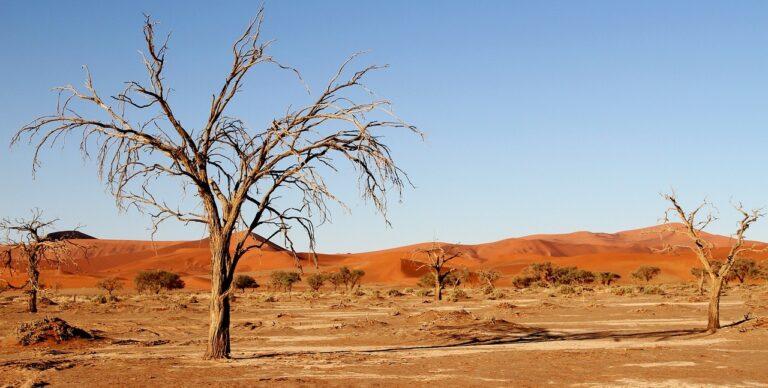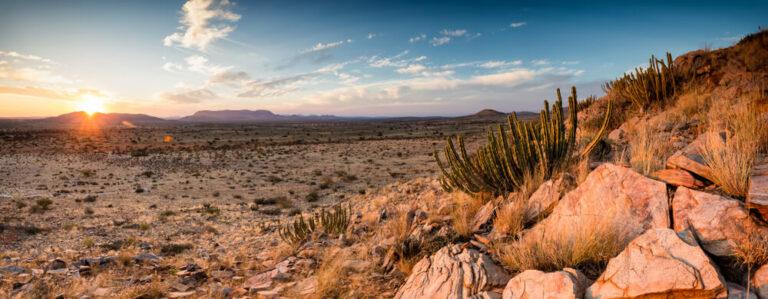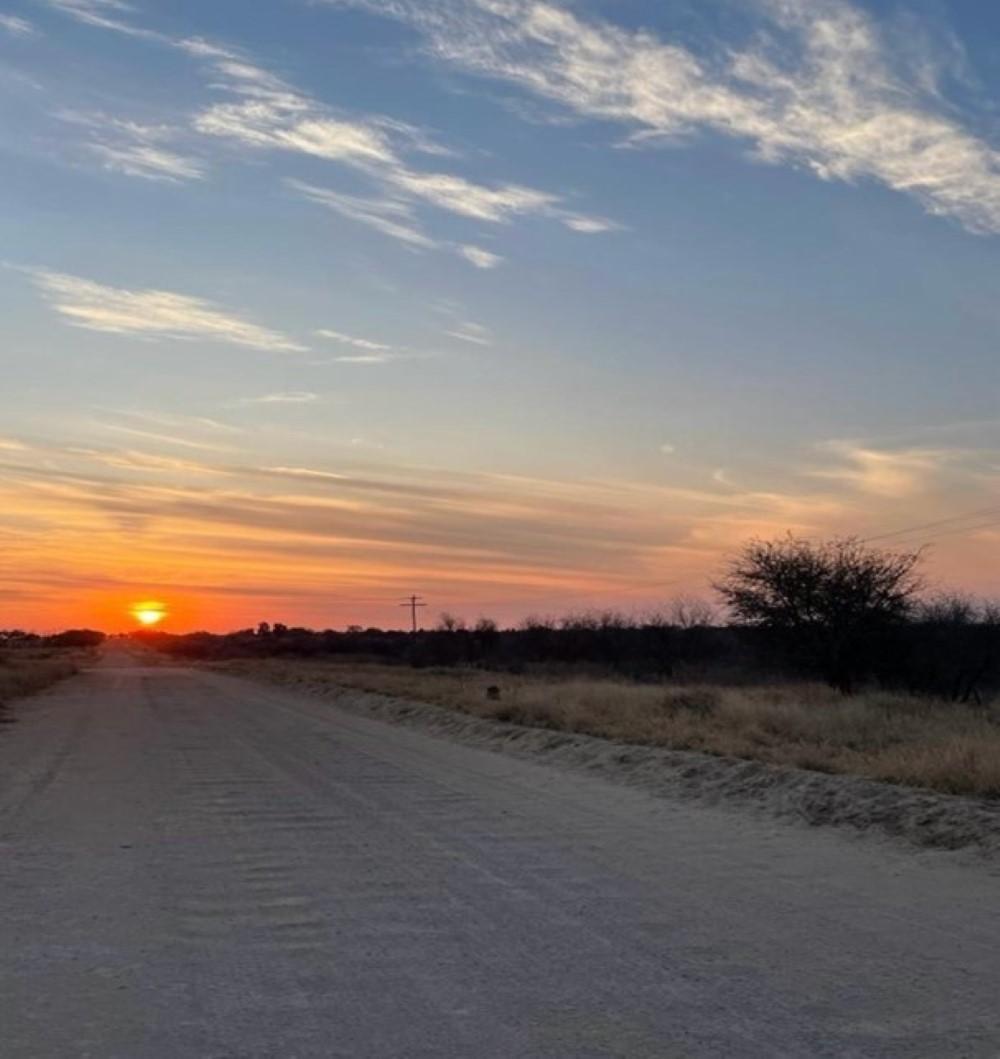Hunting in the Kalahari offers a unique experience that combines the thrill of pursuing game with the beauty of an expansive desert landscape. However, understanding the associated costs is crucial for planning your trip. Whether you are an experienced hunter or a first-timer, this guide will help you navigate Kalahari hunting prices and ensure you are well-prepared.
[DYNAMIC-BLOGTABLEOFCONTENT]
Why Hunt in the Kalahari?
The Kalahari Desert, spanning Botswana, Namibia, and South Africa, is known for its vast ecosystems and diverse wildlife. It is home to iconic species such as the gemsbok, springbok, and eland, as well as predators like lions and leopards. The region’s hunting opportunities are well-regulated, offering a sustainable and ethical experience.
Unique Features
- Diverse Game: The Kalahari offers a wide range of species, making it a popular destination for hunters.
- Stunning Scenery: The stark beauty of the desert, with its red sand dunes and acacia trees, enhances the experience.
- Conservation Focus: Hunting in the Kalahari often supports conservation efforts and local communities.

Factors Influencing Kalahari Hunting Prices
The cost of a hunting safari in the Kalahari can vary widely based on several factors. Understanding these will help you budget effectively.
1. Species of Game
The type of animal you wish to hunt significantly impacts the price. Trophy fees differ based on the rarity and size of the species.
- Plains Game: More affordable options include springbok, wildebeest, and impala.
- Big Game: Larger species like kudu, gemsbok, and predators such as lions are generally more expensive.
2. Duration of the Hunt
Hunting trips typically range from 3 to 14 days. Longer trips cost more but offer greater opportunities to hunt multiple species.
- Short Hunts: Ideal for targeting specific game.
- Extended Hunts: Provide a more immersive experience and the chance to explore the region.
3. Accommodation and Amenities
Lodging options vary from basic campsites to luxury lodges. Costs increase with higher levels of comfort and additional amenities such as gourmet meals and spa facilities.
4. Professional Guides and Trackers
Hiring experienced guides and trackers is essential for a successful hunt. Their expertise ensures safety and maximises your chances of success. Fees for professional services are typically included in package prices but may vary.
5. Travel and Logistics
Additional expenses include:
- Flights to the nearest airport (e.g., Maun or Windhoek).
- Transport to and from the hunting area.
- Visa fees and travel insurance.
Breakdown of Typical Costs
Below is an approximate breakdown of Kalahari hunting prices to help you plan:
Trophy Fees
|
Species |
Estimated Cost (USD) |
|
Springbok |
$300 – $500 |
|
Gemsbok |
$800 – $1,500 |
|
Kudu |
$1,500 – $3,000 |
|
Lion |
$10,000 – $25,000 |
|
Leopard |
$8,000 – $15,000 |
Daily Rates
Daily rates vary based on accommodation type and the number of hunters:
- Basic Camps: $200 – $400 per day.
- Luxury Lodges: $500 – $1,200 per day.
- Non-Hunters: $150 – $300 per day for accompanying guests.
Additional Costs
- Taxidermy Services: Fees for preserving and shipping trophies range from $500 to $2,000 per animal.
- Rifle Rental: Approximately $50 – $100 per day if you don’t bring your own firearm.
- Gratuities: Tips for guides, trackers, and staff are customary and vary depending on the quality of service.

Tips for Managing Costs
Hunting in the Kalahari doesn’t have to break the bank. Here are some tips to optimise your budget:
1. Choose Package Deals
Many outfitters offer all-inclusive packages that cover lodging, meals, guides, and trophy fees for specific game. These can be more cost-effective than paying for individual services.
2. Book in Advance
Early bookings often come with discounts. Additionally, planning ahead gives you more time to save and prepare.
3. Hunt During Off-Peak Seasons
Prices may be lower during less popular times of the year, typically outside the dry season.
4. Share Costs
Group hunts allow you to split expenses such as accommodation and transportation with other hunters.
5. Research Outfitters
Compare prices and reviews to find an outfitter that offers good value without compromising on quality or ethics.
Ethical Considerations
Ethics play a vital role in hunting, especially in regions like the Kalahari. When planning your trip, prioritise outfitters that:
- Adhere to conservation guidelines.
- Support local communities through employment and revenue-sharing.
- Emphasise sustainable hunting practices.
Conclusion
Understanding Kalahari hunting prices is essential for planning a successful and memorable safari. By considering factors such as species, duration, and amenities, you can tailor your trip to fit your budget. Additionally, focusing on ethical practices ensures your hunt supports conservation efforts and benefits local communities. With proper preparation, a hunting adventure in the Kalahari can be both rewarding and impactful.
